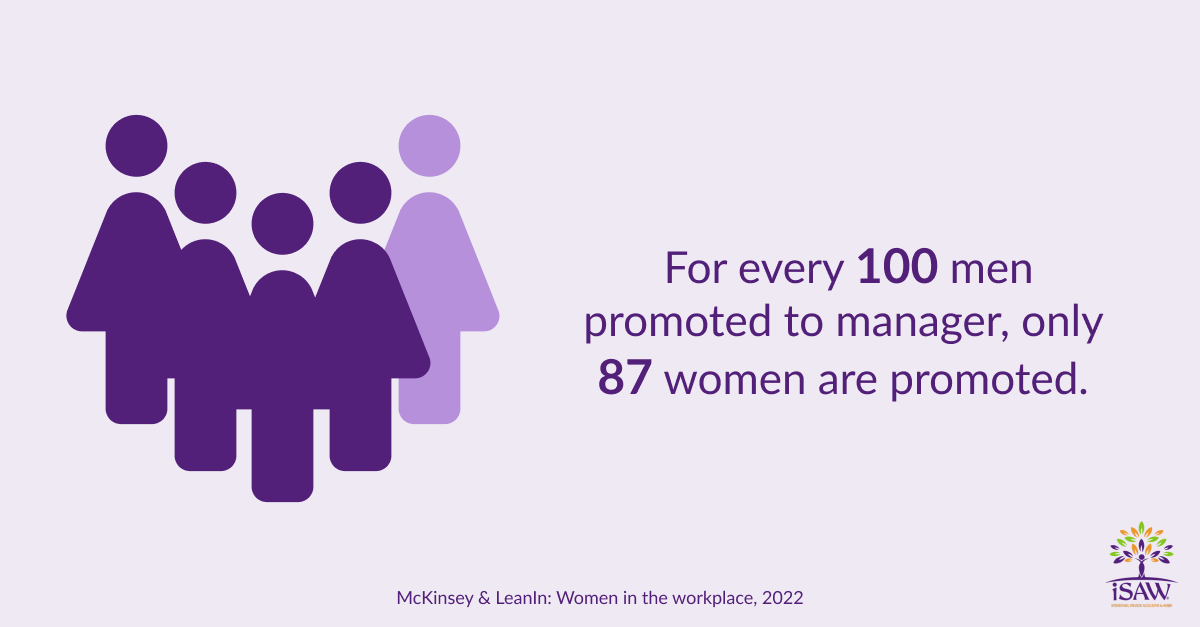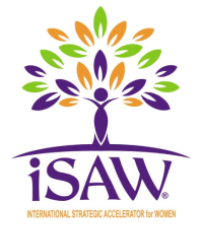
Study and Purpose: The research carried out by iSAW et al (2022) explores the link between gender equality and Environmental, Social, and Governance (ESG). The study looks at how governance and gender equality can evolve into the future over three horizons. This study focuses on Horizon 1 which is ‘Governance’. Governance in ESG focuses on the current governance events of today and proposes innovative changes.
Key Findings: The study found that companies are struggling to integrate ESG into their board-level and business operation governance. A key finding is that women are underrepresented on boards in the executive suite and management positions. Globally, there is a 14% pay equity gap between men and women. For every 100 men promoted to manager, only 86 women are promoted, thus reflecting a gender gap. Women constitute only 6.7% of board chair roles, 27% of managerial positions, and hold only 5% of CEO positions globally; therefore, much work is needed to bring more women into the forums that manage strategic business decisions.
Conclusion: Women are underrepresented and face many challenges in actively participating in the higher levels of business governance. Governance roles are male-dominated with limited progress to increase the number of women; therefore, there is a need to bring more women into forums that manage strategic business decisions.
Data Facts:
- There is inherent gender inequality within corporate governance as women only hold 6.7% of board chair roles and 5% of CEO positions globally.
- For every 100 men promoted to manager only 86 women are promoted.
iSAW Sharp Summary
McKinsey & LeanIn (Diversity and Inclusion, 2022), Women in the workplace






